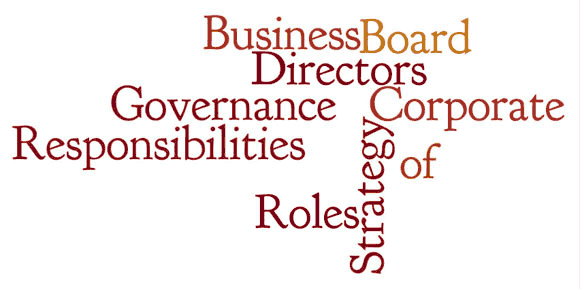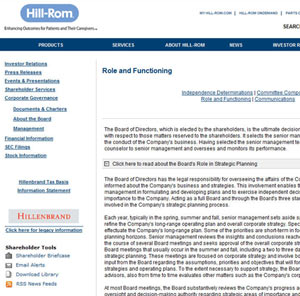In today’s current business climate, many companies are opting to find smarter and more frugal methods of marketing, and forgoing the mistaken idea that corporations have to spend a lot of money on their marketing ideas. Although frugal does not equate to “cheap” or “poor quality”, it does require that the company be creative and savvy in choosing how they will advertise their product or services.
Marketing encompasses more than just “selling” a customer. It involves relationship-building and networking so as to establish a foundation for future interaction. If there’s anything customers dislike more than hard-selling it’s to be told that they’re “sold” to. They know the difference, and count it as an insult if they are told otherwise.
Securing customers and clients work best when the interaction is genuine and forthright. Clients tend to lean more towards those corporations who can readily admit their mistakes and take a clear stand in correcting any mishaps. However, it’s also a plus when the corporation is doing well and has the confidence to admit so.
Take for example, the Whole Foods Market blog that talks about and promotes a healthy lifestyle and green living. Their blog is very user-friendly, not overwhelming and gives a wealth of information to the customer. Consumers want and love the idea of good, wholesome foods and often need direction in where to find this fare and various ways to prepare it. This information is on their blog and can also be enjoyed by customers when they visit one of their numerous stores in the chain of markets. However, Whole Foods goes a step further by including business news on the blog that also promotes the chain’s philosophy and their stand on environmental issues. So not only do they get the chance to connect with the customers and provide valuable information, they also share, promote and encourage customers to participate in the causes that they support and promote. Rarely will you see commercials for the store, yet their presence is in many major cities across the United States as well as the United Kingdom and Canada.
The benefits of corporate blog marketing are endless, but many companies fail to embrace the positive things that it can do for their corporations, often because they just aren’t fully aware of the end-result benefits that it can bring to their businesses.
Exposure
Although this is an idea that is preached across the Internet tirelessly, many corporations still fail to see the benefit of exposure that a corporate blog can provide for their corporations. The blog serves as more than just a presence on the Internet, but gives the business a working platform to have a voice and to connect with customers in that genuine way that was mentioned earlier.
The Fastlane GM blog [now closed: see this post on some of the most significant Fastlane articles] is one such example of a blog that offers a company a wealth of exposure. Not that General Motors would need any additional name recognition, but their blog presence is a strong marketing tool because it keeps the customers connected to what’s going on in the automobile maker’s world. Each step that this car manufacturer makes significantly impacts the economy, and in turn, affects the consumer. On the blog, everything is discussed from upcoming projects to their political and social stand on various topics. The consumer is affected by this since very often, these issues affect the prices of vehicles, costs associated with production and even insurance issues. Why in the world would the consumer not be interested?
Interaction
Interaction runs the gamut from writing an email to a customer, to offering sales and discounts on Facebook. It is a very important element for any business, which is why social networking platforms like Facebook and Twitter have become so enormously popular. Customers want to know and feel like they’re dealing with real humans and not machines; blogs offer a glimpse into the driving minds in a corporation and how they’re making things tick.
Corporate blogs pick up a lot of marketing momentum when they are well-written, offer value to the customers and do a good job of engaging their readers. When the blog loses the idea of “selling” to their customers they fare far better, and position themselves better when they don’t try so hard. Also, the shelf-life of blogs is longer for those who treat the blog presence as more of an enhancement than their main method of client/customer pooling. Over time, the blog not only increases their marketing potential and worth, but it stands a better chance of positioning the corporation as a product of longevity. Customers reap the benefits almost immediately, and the company can set tangible, workable methods around the blog to increase its productivity.


 Mobile marketing is so hot right now that every brand should be looking at how to integrate mobile into its marketing plan, particularly using mobile apps to drive consumer engagement with brands.
Mobile marketing is so hot right now that every brand should be looking at how to integrate mobile into its marketing plan, particularly using mobile apps to drive consumer engagement with brands. 
